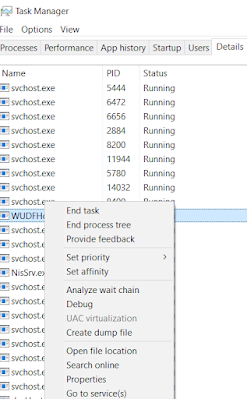Five Reasons Why Message Queue is Important in Modern Day Application
Message Queue is a powerful tool that enables communication between different software applications, services, and components. In this blog post, we will explore what message queue is, its importance, and how it can benefit your business.
What is Message Queue?
Message Queue is a powerful mechanism for communicating across various software applications, services, and components. In this blog post, we'll look at what a message queue is, why it's important, and how it may help your organization.
What exactly is a Message Queue?
A message queue is a software component that allows multiple
applications to communicate by sending messages to one another. These messages
might be as simple as text or as complicated as data structures. The messages
are placed in a queue and remain there until the designated recipient retrieves
them.
The message queue serves as a buffer between the sending and receiving applications, preventing messages from being lost or corrupted in transit. It also allows for asynchronous communication, meaning that the sender and receiver do not need to be active at the same time.
Check out the Video for more Insight:
Importance of Message Queue
Message queue plays a vital role in building scalable and resilient software systems. Here are some of the reasons why message queue is important:
- Decoupling: Message queue helps in decoupling the different components of a software system. This means that each component can operate independently, without having to be aware of the details of the other components. This makes the system more flexible, maintainable, and scalable.
- Asynchronous Communication: Message queue enables asynchronous communication between different components, which means that each component can work at its own pace. This helps in reducing the overall response time of the system.
- Fault Tolerance: Message queue helps in building fault-tolerant systems. If one component of the system fails, the messages will remain in the queue until the component is back online, ensuring that no data is lost.
- Scalability: Message queue allows for horizontal scaling of the system. As the load on the system increases, additional instances of the components can be added, and the load can be distributed across them.
- Flexibility: Message queue allows for different components to be written in different languages and run on different platforms. This makes the system more flexible and allows for better integration with other systems.
Conclusion
In conclusion, Message Queue is a powerful tool that enables
communication between different software components, applications, and
services. It plays a vital role in building scalable, resilient, and
fault-tolerant systems. By using message queue, you can decouple your system
components, enable asynchronous communication, and achieve better fault
tolerance, scalability, and flexibility. If you are building a software system,
it is essential to consider message queue as a key component in your
architecture.

Comments
Post a Comment